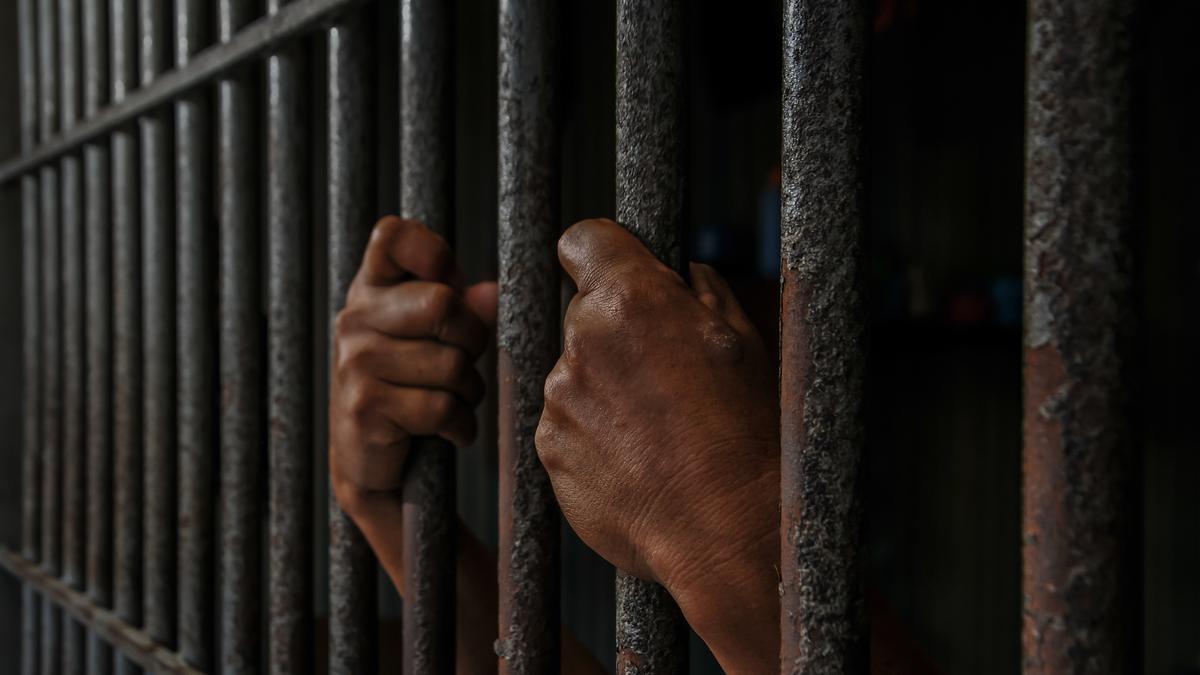In the dark corners of police stations in Tamil Nadu, justice often dies before it is delivered. The recent custodial death of Ajith Kumar, a 27-year-old temple guard in Sivaganga, should shake the conscience of every citizen. But, tragically, his case is not an exception. It is part of a grim pattern.
Between 2021 and 2025, there have been a series of custodial deaths. Vignesh, a 25-year-old, who was detained in Chennai in 2022, died within hours, with his autopsy revealing multiple injuries. In 2024, Raja, a Dalit cook from Villupuram died in police custody after a petty theft allegation; his three children and wife still await compensation. A 30-year-old autorickshaw driver in Tiruchi died of injuries in 2023 under suspicious circumstances. And now, Ajith, whose autopsy revealed 44 wounds, cigarette burns, and forced exposure to narcotics. His last words to his mother were haunting: “I didn’t steal.”
A normalisation of the use of force
These are not aberrations. They are the outcomes of a system that has normalised force over fairness. But beyond the moral horror lies another fundamental concern — we are failing citizens and the police force by investing in enforcement without investing in reform.
Each year, the Tamil Nadu government allocates thousands of crores towards policing. Yet how much of this goes into welfare, training and psychological care? A disproportionate amount is funnelled into hardware such as vehicles, surveillance systems, and crowd-control gear while the human element is left neglected. We equip officers with lathis and law books, but deny them the emotional tools to deal with stress, trauma and moral ambiguity. Policing cannot merely be about control. It must be about conscience.
Reforms to undertake
A sensible reallocation of the policing budget is long overdue. Even 5% of the current annual spend, redirected toward setting up district-level mental health units, mandatory quarterly counselling, and refresher sensitisation courses, would result in exponentially better outcomes — for detainees, for officers, and for public trust. We pour money into deterrence, but ignore the cost of dysfunction.
It is time to institutionalise mental wellness within law enforcement, not as a luxury, but as a necessity. Officers are human. They deal with domestic abuse cases in the morning, gang violence by afternoon, and politically fraught complaints by night. Without psychological support, that pressure metastasises; burnout becomes brutality. The baton does not punish alone, it often expresses accumulated trauma.
Parallelly, police training needs transformation. A curriculum designed in the pre-liberalisation era cannot address the needs of modern India. Ethics, human rights jurisprudence, trauma-informed investigation methods and community policing models should be at the core, and not cosmetic.
Moreover, our criminal justice architecture must include enforceable accountability. It is not enough to suspend a few constables after every tragedy.
What Tamil Nadu, and India at large, needs is legislative clarity; a comprehensive anti-custodial violence law with time-bound investigation mechanisms, mandatory video documentation of interrogations, and civil society involvement in oversight.
Technology must serve as a safeguard, and not be a silent spectator. CCTV cameras in areas where people are in custody should be operational, tamper-proof, and subject to real-time audits. Digital systems can help, but only if we are willing to confront the uncomfortable truths that they reveal.
A new path for law enforcement
Finally, we must reimagine the police uniform — not as a symbol of unyielding authority, but of service, restraint, and human responsibility. Ajith Kumar’s death, like those of Vignesh, Raja, and so many others, tells us that power without empathy is violence by another name.
To break this cycle, we must invest not just in policing but also in the emotional, ethical, and structural reform of law enforcement. Until then, every custodial death will not just mark the end of one life but also the failure of the state’s moral contract with its people.
Let us not wait for the next young man to cry out “I didn’t steal” before dying in silence. The time for justice is not post-mortem; it is policy, and it is now.
Apsara Reddy is official spokesperson, All India Anna Dravida Munnetra Kazhagam (AIADMK)
Published – July 10, 2025 12:08 am IST
